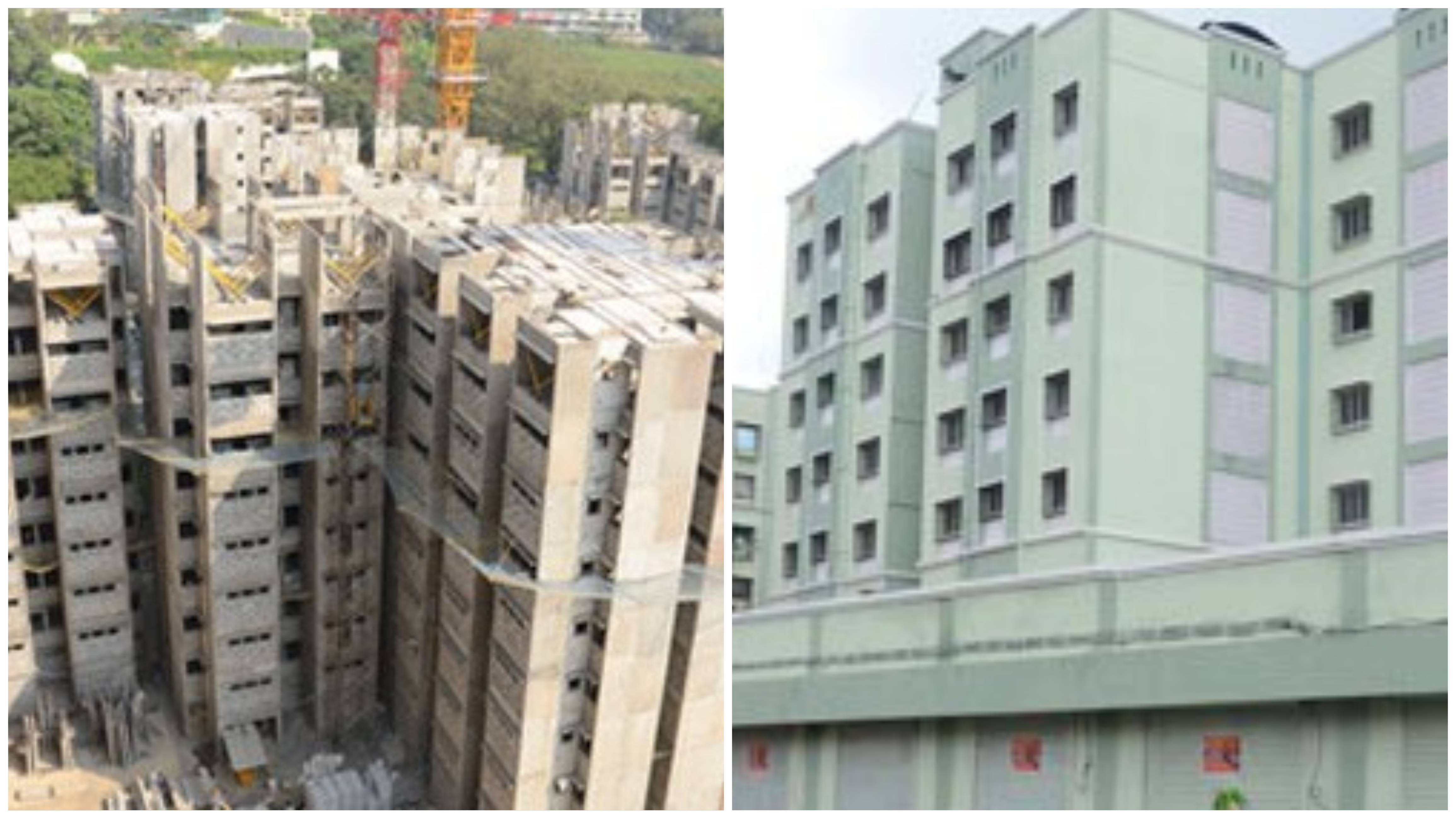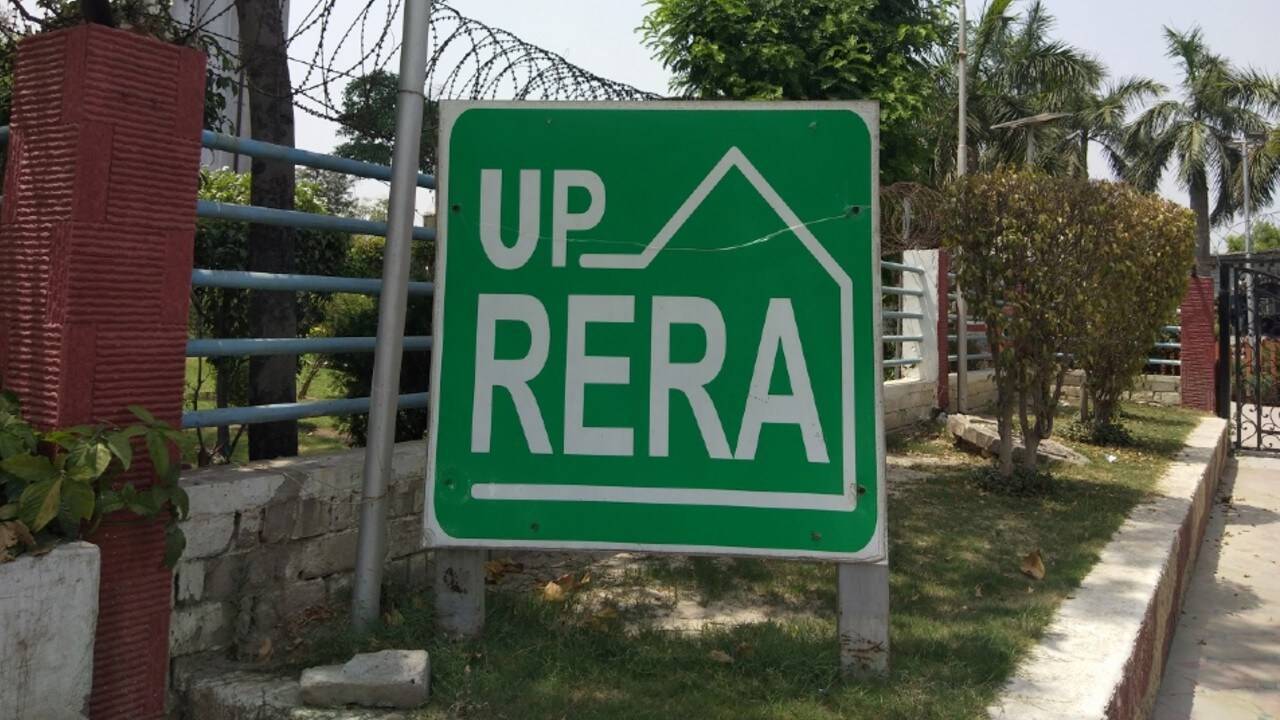In a recent ruling, the Supreme Court of India expressed strong criticism of the functioning of the Real Estate Regulatory Authority (RERA), terming it a "rehabilitation centre for former bureaucrats." The court highlighted concerns regarding the transparency and effectiveness of RERA, stating that its current framework has hindered the original intent of the Act. The criticism was made by a bench comprising Justices Surya Kant and Ujjal Bhuyan while hearing an appeal against a Delhi High Court ruling.
Case Overview: Pre-EMIs and Financial Institutions at the Forefront
The Supreme Court was hearing an appeal filed by homebuyers who were burdened with paying pre-EMIs or full EMIs despite delays in receiving possession of their homes. These buyers had sought relief from the Delhi High Court, which had dismissed their pleas. The petitioners argued that banks and financial institutions should refrain from charging pre-EMIs until developers hand over possession of the properties.
Delhi High Court's Dismissal: A Setback for Homebuyers
The Delhi High Court had dismissed several petitions, ruling that homebuyers had other avenues to seek remedy, including the Consumer Protection Act, the Insolvency and Bankruptcy Code, and the RERA Act itself. The court refused to entertain the pleas, stating that these statutory remedies were more appropriate for addressing their grievances.
The Subvention Plan: A Double-Edged Sword for Homebuyers
The petitioners before the Supreme Court included members of the Supertech Urban House Buyers Association (SUHA) Foundation. These homebuyers had taken home loans under the subvention plan, where financial institutions continue to charge EMIs even when there is a delay in project completion. This has left many buyers in a financial bind, prompting them to seek judicial intervention.
RERA's Original Intent and Current Criticism
Enacted in 2016, the Real Estate (Regulation and Development) Act, commonly known as RERA, was designed to bring transparency, accountability, and financial discipline to India’s real estate sector. It aimed to empower homebuyers and create a more reliable real estate market. However, the Supreme Court's recent remarks suggest that the act has not lived up to its potential. The court criticized the appointment of retired bureaucrats in RERA positions, implying that this has undermined the effectiveness of the regulatory body.
What Lies Ahead for RERA and Real Estate Regulation?
The Supreme Court’s strong remarks raise significant questions about the future of RERA and its ability to protect homebuyers. The ruling also highlights broader concerns about governance in the real estate sector, which has long been plagued by delays, lack of transparency, and financial mismanagement.
The outcome of this case could have far-reaching implications for both the real estate sector and the financial institutions involved in home loans. Homebuyers may seek greater reforms, while RERA itself may undergo changes to improve its regulatory framework.









.png)